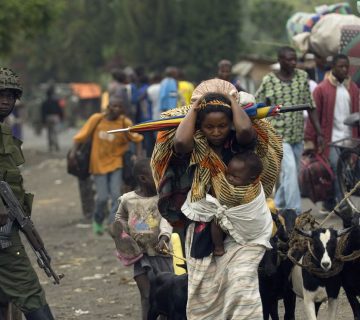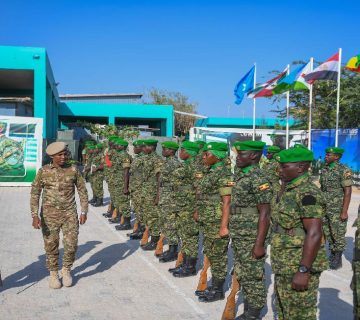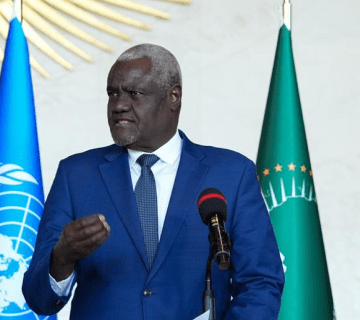The Democratic Republic of the Congo (DRC) is experiencing tumultuous times. Elections were postponed from December 23 to December 30, 2018, and the results were not coming in for over a week. On Thursday January 10, 2019, the electoral commission (CENI) released preliminary results, stating that Felix Tshisekedi had won by 38 per cent of the votes. Martin Fayulu, another opposition candidate, had garnered around 34 per cent of the votes, while the Government’s candidate, Emmanuel Shadary, had garnered around 21 per cent of the vote. Fayulu has, however, stated to the BBC that the results are fraudulent, and that Tshisekedi could never have garnered 7 million votes. In a similar vein, the powerful Catholic Church, who deployed 40,000 observers throughout the Congo, stated that the results were incorrect, reportedly telling foreign diplomats in the first week of January that Fayulu had won the elections. In this first week, Tshisekedi met with Joseph Kabila, fuelling the Congolese gossip mill and deepening suspicion of a collaboration between Tshisekedi and the sitting government.
On January 17, the African Union released a statement, questioning the official results, calling for a suspension of final results, and dispatching a delegation to Kinshasa on January 21 to help Congolese parties reach consensus on the way forward. On Sunday January 20, 2019, the Constitutional Court confirmed Felix Tshisekedi’s presidential election victory while dismissing the claim from another opposition leader Martin Fayulu, who accused Tshisekedi of electoral fraud. Fayulu asked the international community to reject the Court’s ruling, and declared himself the legitimate president of the Democratic Republic of the Congo. Additionally, he asked the Congolese people to organize peaceful demonstrations throughout the country.
Stearns, an expert on the DRC, concluded in an article by Congo Research Group that information obtained through two leaked documents, one from CENI and another one from the Catholic Church shows that Fayulu should have won by a big margin. CENI’s leaked document, which had 86 per cent of the total votes counted, showed Fayulu had won by around 59 per cent of the vote, while the document from the Catholic Church put it at 62 per cent. Either way, it is highly unlikely that Tshisekedi could have won the vote without some sort of manipulation.
With the Supreme Court’s ruling, the elections seem to be over. The vote was relatively peaceful, but sowed division in its aftermath, potentially creating dangerous tensions. Congolese politicians and opposition leaders should do everything in their power to prevent violence and reduce tensions. If the allegations are true that the elections were rigged in favor of Tshisekedi because of his alleged positive stance towards Kabila, the recent elections do not signal a positive step towards democratic development, but rather another neo-patrimonial or autocratic step back.



